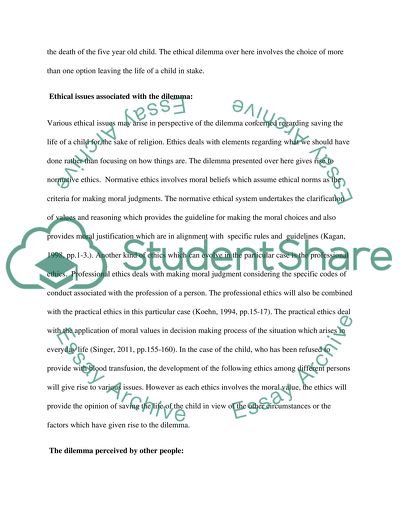Cite this document
(“Health care ethics and cultural diversity Essay”, n.d.)
Retrieved from https://studentshare.org/sociology/1394606-health-care-ethics-and-cultural-diversity
Retrieved from https://studentshare.org/sociology/1394606-health-care-ethics-and-cultural-diversity
(Health Care Ethics and Cultural Diversity Essay)
https://studentshare.org/sociology/1394606-health-care-ethics-and-cultural-diversity.
https://studentshare.org/sociology/1394606-health-care-ethics-and-cultural-diversity.
“Health Care Ethics and Cultural Diversity Essay”, n.d. https://studentshare.org/sociology/1394606-health-care-ethics-and-cultural-diversity.


